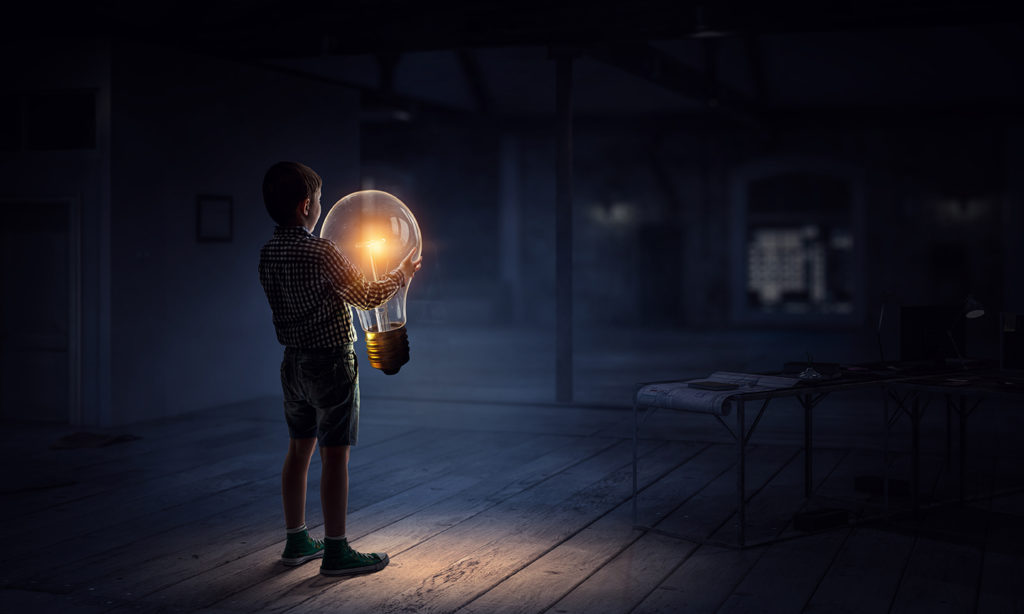We are recognised as authorities in our specialised fields. We publish newsletters with informed opinions that are free for you to subscribe to.
The how of happy
I was scrolling through Spotify one evening looking for something light to listen to and, excuse the pun, ‘spotted’ a pod cast titled ‘The Happiness Lab’. I thought, well that’s worth a try, if this can lift my mood from the gloom of a world pandemic and the thought of Donald Trump being re-elected, I will be very happy.

Easing myself into my comfortable old rocking chair, I wacked on my headphones, wrapped my arms around my comfort cushion and pushed play. I learned the podcast series is based on Professor Laurie Santos’ Yale University Course, PSYC157, to which students are signing up to in droves. My mood lifted immediately, I can get a Yale course without paying the eye watering Yale course fees, and happiness is on the horizon.
I snuggled deeper into my chair, rocked a little harder listening intently for the next insight that will move me closer to true happiness.
I was unprepared for what came next.
It turns out that once your basic needs are taken care of (food, water, shelter, sleep, other, and novelty) almost everything you think will make you happy will not! I pushed pause, stopped rocking, and let the calamity of this statement sink in. Two weeks in Rarotonga when we can finally travel again was not going to make me any happier! What a bombshell!
I took comfort in the fact that she had dropped that clanger up front, relaxed into a steady but gentle rocking and hit play again. Professor Santos explained that our mind is pretty good at tricking us in to believing that circumstantial change, for example a different job, new car, larger salary, or exotic holiday, will make us happier.
Science has proved that our minds are wrong.
The work of Sonja Lyubomirsky proposes that roughly 50% of happiness is determined by genes (we have no control over), around 10% is determined by circumstances (we can control that to some extent) and 40% by our thoughts, actions and attitudes (completely under our control). I could feel my brain getting just a bit uptight about this news, it had been rumbled and I wanted answers. Why had it been telling me X, Y and Z would make me happy, instead of firing up and doing a lot more work on my thoughts actions and attitudes which would give me a whole lot more bang for my buck! I pressed pause and went to bed in an unhappy huff.
The next day my brain and I had an early morning coffee meeting and agreed we would explore this ‘happiness’ with a more open attitude and put a bit more mahi into it.
I discovered that studies have shown:
- Socialising is the daily activity that makes us feel the best. Simple, positive interactions with strangers can bump our mood way more than expected and it is not the intensity of social interaction but the frequency.
- Our intuition about what will make us happy is leading us astray, the reality is the good things we think will make us happy, will not be as good and the bad things that may happen, will not be as bad as your mind leads you to believe.
- Money will not make you happy. Wellbeing improves with income until you hit a certain level and past that, there is no observable increase – in the USA that income is $75,000.
- As a personal commodity we place a higher value on money which has an elastic supply than we do over time which is inelastic. In our society an abundance of money is considered a status symbol, while an abundance of time is considered shameful.
- Happiness is something we make not something we find; in the end it is a mindset to be cultivated, not a condition to be imposed.
From her study of the habits of people who identify as happy people, Sonja Lyubomirsky found the following habits to be consistent among this group.
- They devote time to family and friends.
- They practice gratitude.
- They practice optimism.
- They are physically active.
- They ‘savour life’s pleasures and try to live in the present moment’.
These insights incited some full on rocking in my chair and some very deep and challenging one-on-ones with my brain, who over the years has lead me astray on an elusive search for happiness, only to discover it’s been with me all that time. I just have to train my brain to practice the happiness habits. Happiness is a homemade gift you give to yourself.
If you don’t know where to begin, want to talk through something, or have a specific question but are not sure who to address it to, fill in the form, and we’ll get back to you within two working days.
Find out about our team
Look through our articles
Read more about our history
Business Advisory Services
Tax Specialist Services
Value Added Services
Get in touch with our team
Want to ask a question?
What are your opening hours?
AML & CFT Act in New Zealand
Events with Gilligan Sheppard
Accounting software options
Where are you located?
Events

